
The world's fastest growing economies have turned out to be the biggest polluters. China and India, which have seen unprecedented growth in the past decade, have the highest levels of carbon dioxide emission.
As nations race ahead to boost growth and development, their dependence on fossil fuels also rise.
To support the growth, a country needs to set up more infrastructure projects, transport more goods, sale of automobiles rises, and all these, in turn, increase the fuel demand.
The most polluting countries are typically nations with high population, biggest industries and production capabilities.
Here are the 15 most polluting countries in the world.
Source: Earth Policy Institute
China
Rank: 1
CO2 emission: 2,395 million tons
Five-year change: 44 per cent increase
China is paying the price of growing too fast and heavy reliance on fossil fuels. According to the World Bank, 16 of the world's 20 most polluted cities are in China.
In January this year, air pollution shot up many northern cities during the winter. The United States Embassy monitor on air quality in China classified the quality of air in Beijing as "hazardous".

United States
Rank: 2
CO2 emission: 1,403 million tons
Five-year change: Down 11 per cent
Ever since the beginning of Industrial Revolution, US had trouble with environmental issues. The country, however, was among the first few countries to enact laws that would help in cut down pollution.
In 1960s, 1970s and 1990s, the country enacted a series of Clean Air Acts to strengthen the regulation of air pollution. It introduced new standards to measure air pollution. All this helped the country to reduce annual production.
Some of the cities with high pollution include Los Angeles, Bakersfield and Visalia.
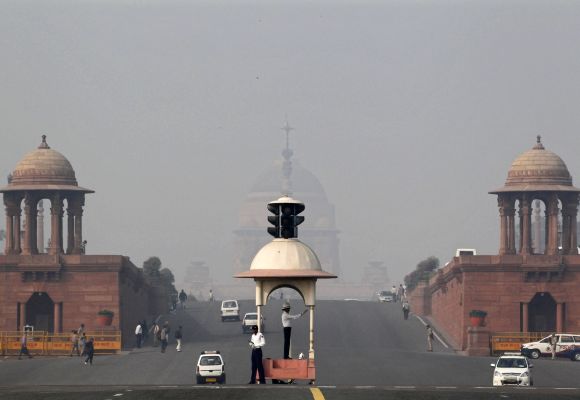
India
Rank: 3
CO2 emission: 596 million tons
Five-year change: 43 per cent increase
Though India emits less greenhouse gasses compared to other nations on the list, the air pollution is high due to burning of wood, fuel adulteration, vehicle emission and traffic congestion.
In 2005, the country adopted emission standard of Bharat Stange IV for vehicles, which is equivalent to Euro IV standard. However, vehicles prior to 2005 still ply on the roads.
Some of the polluted cities according to World Health Organisation include Ludhiana, Kanpur and Delhi.
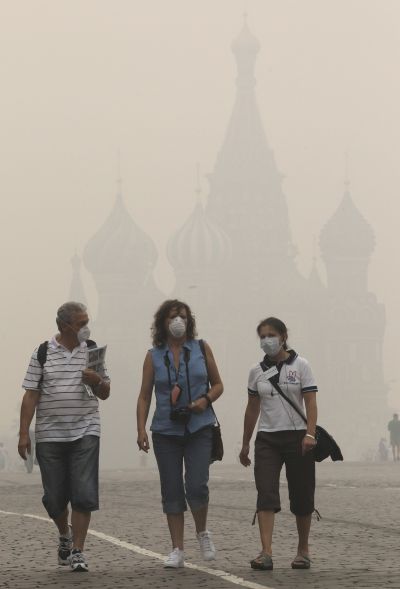
Russia
Rank: 4
CO2 emission: 449 million tons
Five-year change: 2 per cent increase
Though the country features in one of the most polluting nations, the quality of air in Russia has been improving since 1990.
Overall, over 200 cities in Russia exceed pollution limits due to an increase in automobiles. In fact, automobiles is now the prominent source of pollution in Russia. However, the pollution due to industrialisation is on a decline as production has slowed.
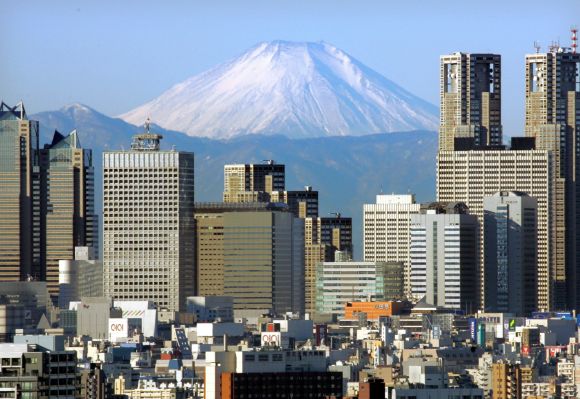
Japan
Rank: 5
CO2 emission: 336 million tons
Five-year change: 1 per cent increase
Heavy industrialisation has been the main cause of pollution in Japan. The country is also facing the issues because of its neighbour. Pollutants from China are increasingly deteriorating the quality of air in Japan.
Since 1990s, the country has been tightening regulation to reduce pollution. In fact Organisation for Economic Co-operation and Development (OECD) applauded Japan in 1994 as it managed to keep pollution low despite economic growth.
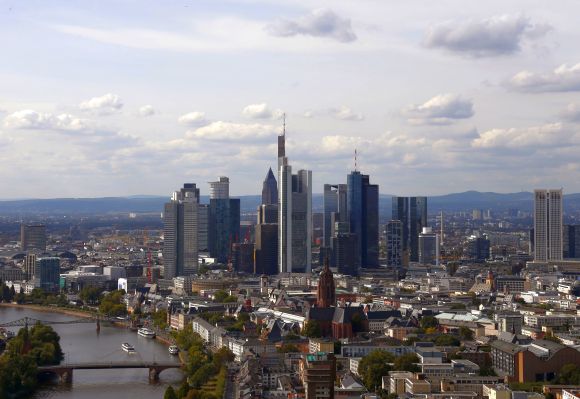
Germany
Rank: 6
CO2 emission: 200 million tons
Five-year change: Down 4 per cent
Germans have taken the high air pollution issue seriously. The country has introduced stringent norms to maintain the quality of air.
The air pollution control regulation is called Technical Instructions on Air Quality Control (TA Luft). The first version of the TA Luft was established in 1974 and they government has kept revising it.
Germany has also introduced environmental zones, which require cars to carry a green, yellow or red sticker identifying a vehicle's level of exhaust pollution.
Environmental zones prohibit dirtier vehicles, typically older ones, from entering major urban areas.
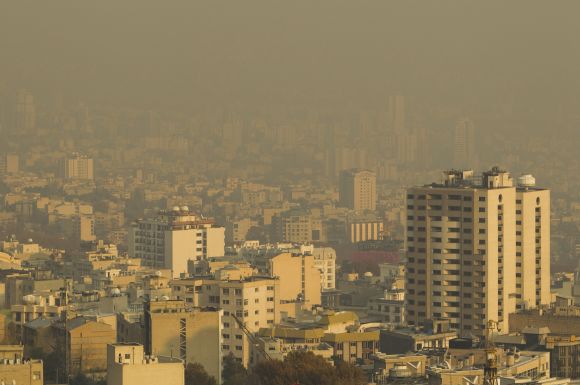
Iran
Rank: 7
CO2 emission: 159 million tons
Five-year change: 19 per cent increase
Air pollution is a major issue in Iran compared to other countries on the list. In the country’s capital, Tehran, 27 people die each day from pollution-related diseases.
Air pollution, especially in urban areas, is caused due to vehicle emissions, refinery operations, and industrial effluents; deforestation; overgrazing; and desertification.
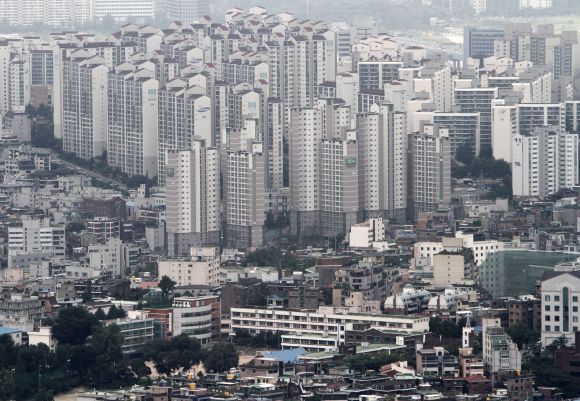
South Korea
Rank: 8
CO2 emission: 157 million tons
Five-year change: 22 per cent increase
South Korea’s much smaller population is the ninth largest consumer of ozone-depleting chlorofluorocarbons, also known as CFCs. The main reason for air pollution, however, is industrialisation.
During the economic boom in 1980, the country paid little attention to environment leading to the current state of air quality. Pollution from China is also affecting the country.
But the scenario is fast changing. Few years back, the government has decided to boost investment into renewable energy to reduce its reliance on foreign oil imports For this, the government has laid down massive investment plans.
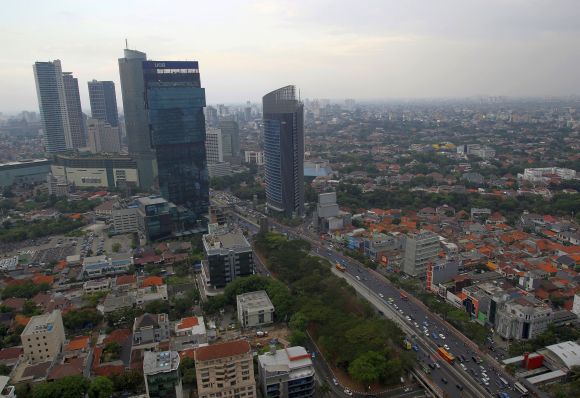
Indonesia
Rank: 9
CO2 emission: 146 million tons
Five-year change: 52 per cent increase
One of the key reasons for air pollution in Indonesia is deforestation - other than population growth, the increasing number of industries, and transportation.
Large-scale forest fires are common in the country. In fact, in 1997 forest fire in Kalimantan and Sumatra caused the 1997 Southeast Asian haze. It was a large-scale air quality disaster.
The country is also affecting its neighbours such a Singapore, which has a low pollution level.

Canada
Rank: 10
CO2 emission: 144 million tons
Five-year change: Down 4 per cent
Air pollution in Canada is contributed to by industrial and vehicular emissions, agriculture, construction, wood burning and energy production.
The country, however, have introduced stringent norms and that has helped to improve the quality of air.
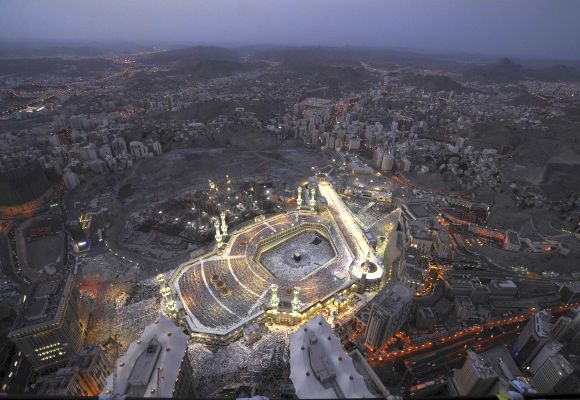
Saudi Arabia
Rank: 11
CO2 emission: 133 million tons
Five-year change: 29 per cent increase
Saudi Arabia is the world’s largest producer and exporter of petroleum. It also the second largest oil producer and holds one-fifth of the world’s oil reserves.
Over the past few decades, as Saudi Arabia’s oil industry has boomed, environmental pollution along its 2,175-mile coastline has also grown.
The country also struggles with high levels of vehicle exhausts, which account for 50 percent of hydrocarbon pollution in the air. That, added to its dry desert climate and windstorms, has led to widespread outbreaks of respiratory diseases.
The government has stepped up efforts to clean up the country’s air. French engineering group Alstom announced a multi-million dollar deal to supply machinery to reduce carbon emissions from power plants in Saudi Arabia’s eastern Ras Tanura city.
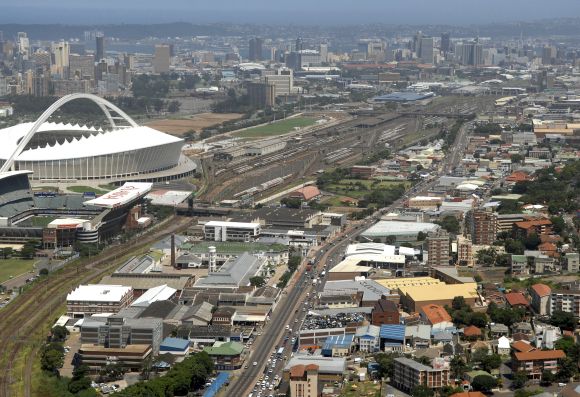
South Africa
Rank: 12
CO2 emission: 133 million tons
Five-year change: 12 per cent increase
The cause of air pollution in South Africa is industrial wastes and gases emitted from petroleum refinery and petrochemical factory.
The toxic pollutants are also big health hazards, causing diseases such as asthma and bronchitis.
According to reports, the current regulation pertaining to pollution is not as stringent as it should be compared to international laws.
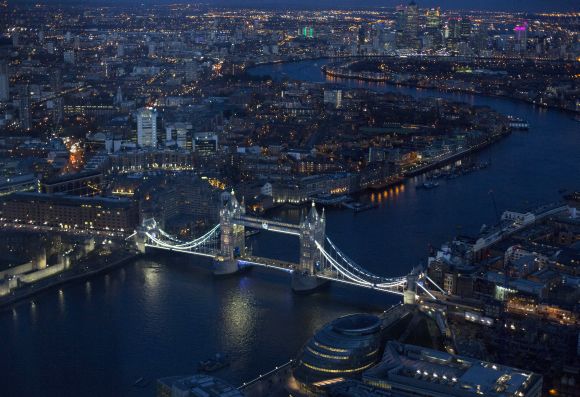
United Kingdom
Rank: 13
CO2 emission: 126 million tons
Five-year change: Down 11 per cent
Auto emission is one of the main reason for pollution in the UK. The country, however, has seen the maximum decline in the pollution levels in the last five years due to stringent laws.
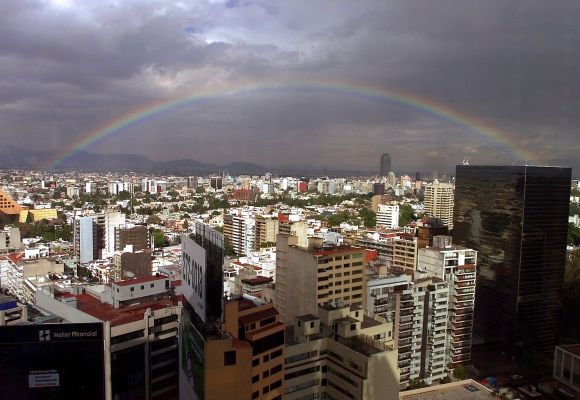
Mexico
Rank: 14
CO2 emission: 123 million tons
Five-year change: 6 per cent increase
In 1992, United Nations called the country’s capital, Mexico City, the most polluted city on the planet.
Since then, the country has made significant progress in bringing down pollution levels. The government had resorted to prohibiting car usage, closing down polluting factories and expanding public transport.
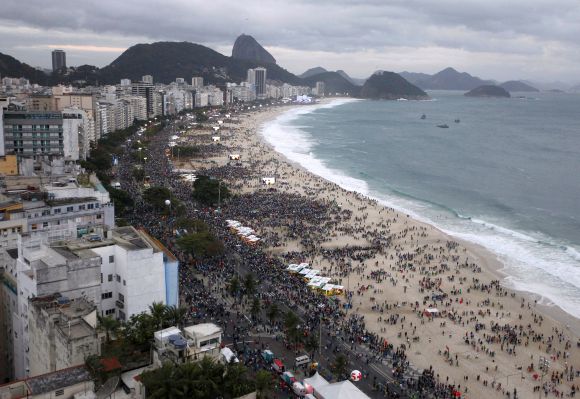
Brazil
Rank: 15
CO2 emission: 110 million tons
Five-year change: 19 per cent increase
The air pollution problem in Brazil is slightly different than rest of the world. Globally gas-based fuels are used whereas Brazil extensively uses ethanol - about 40 per cent of the fuel is sourced from ethanol.
The country is also witnessing rise in number of automobiles and increasing levels of industrialisation. This is causing air pollution in urban areas. The larger urban areas of Sao Paulo, Rio de Janeiro, and Brasilia suffer from substantial ozone issues.
No comments:
Post a Comment